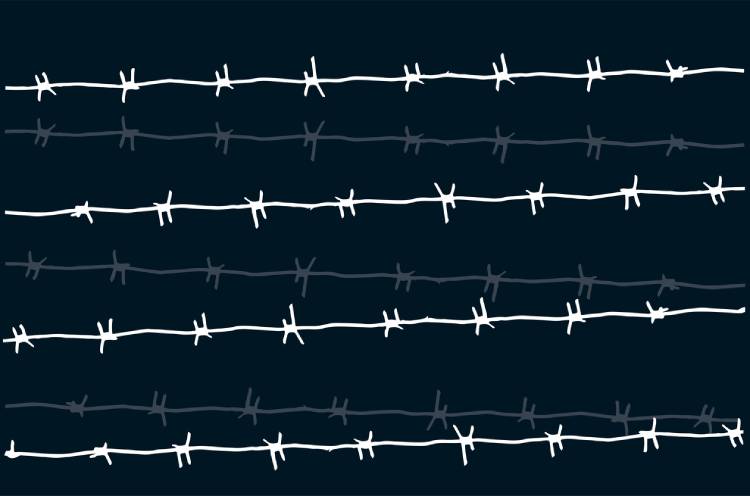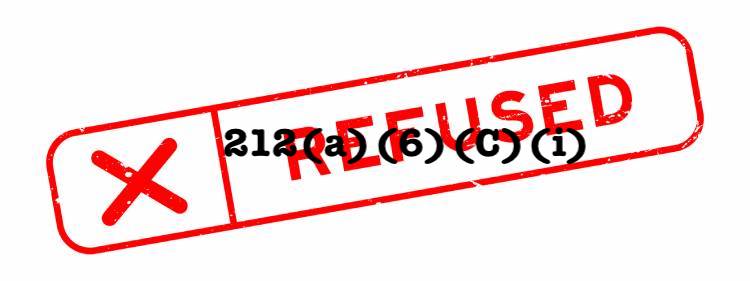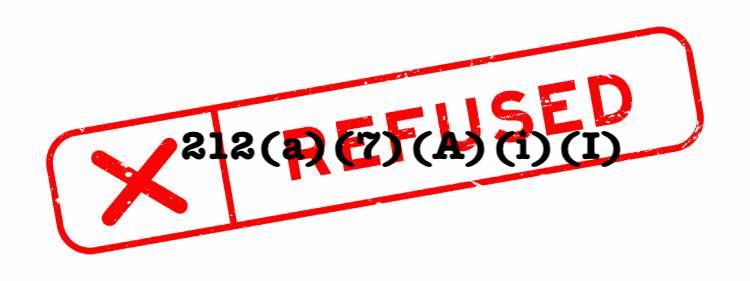Form I-192 for Inadmissible Persons Entering the U.S.
U.S. immigration laws can be challenging, particularly for those who fall under the category of “inadmissible aliens.” Form I-192, Application for Advance Permission to Enter as a Nonimmigrant, is an essential Form for those found inadmissible to the U.S. This article provides an overview of the various aspects of this form, including its purpose, who should file it, where to file it, and what must be submitted with the application.




